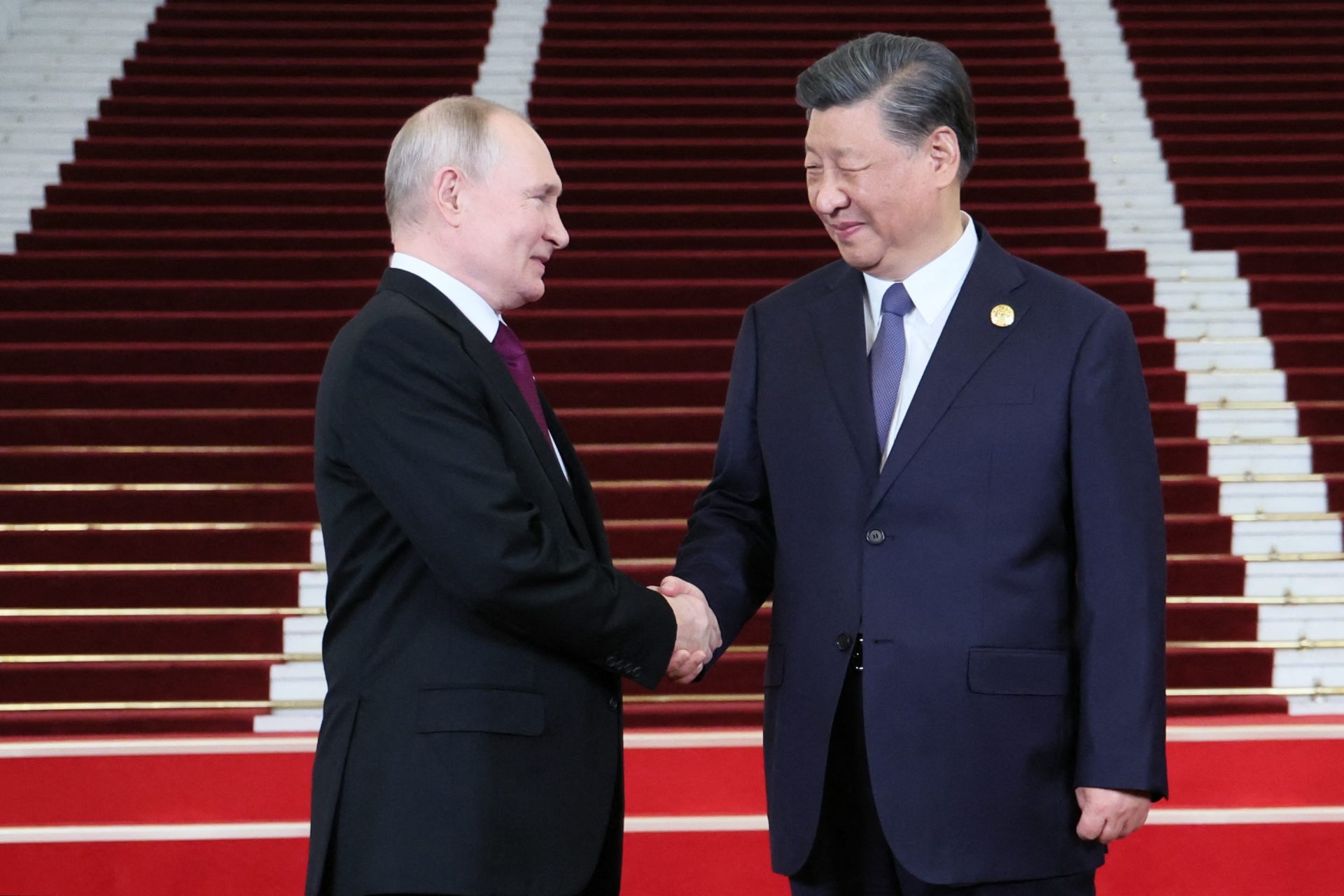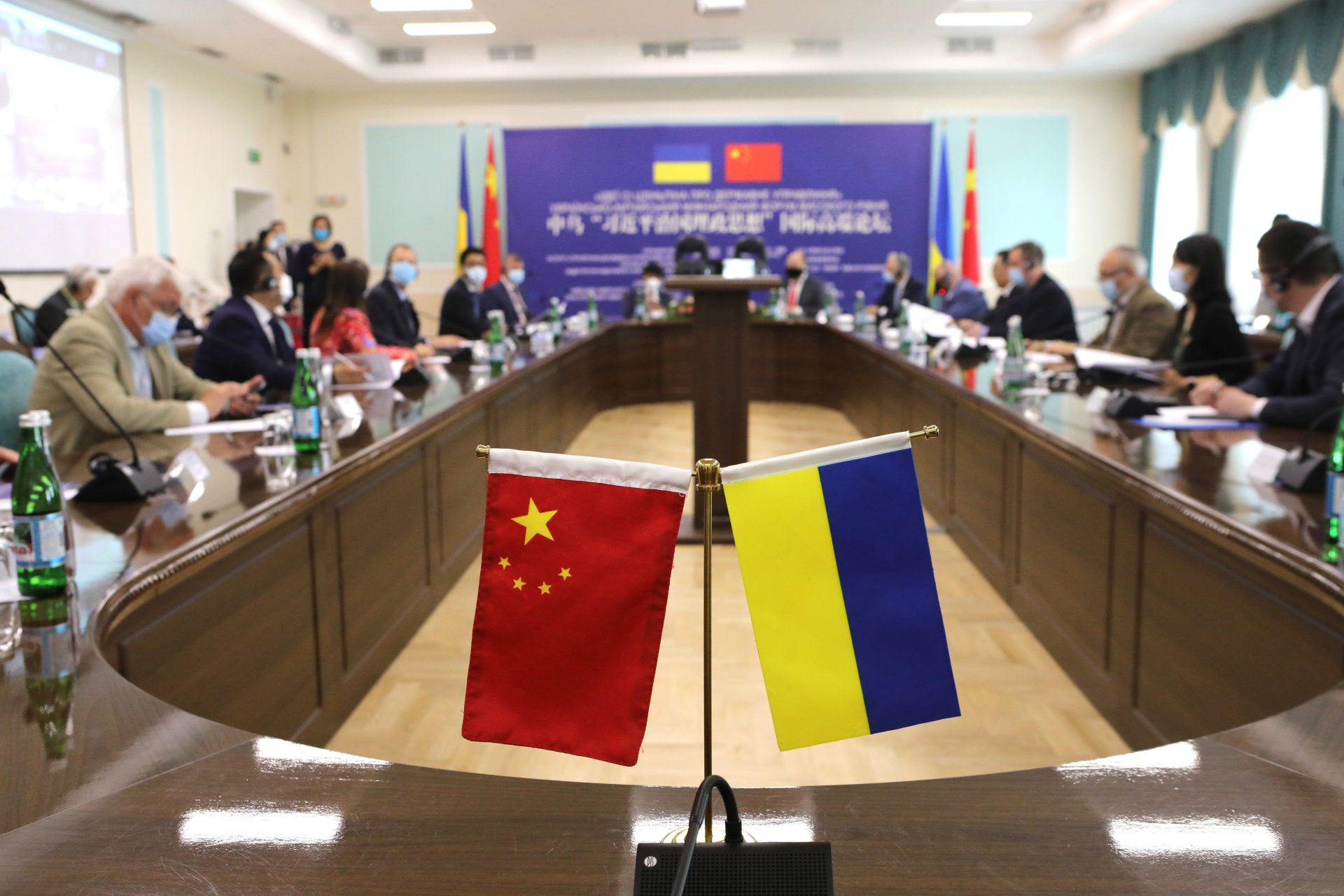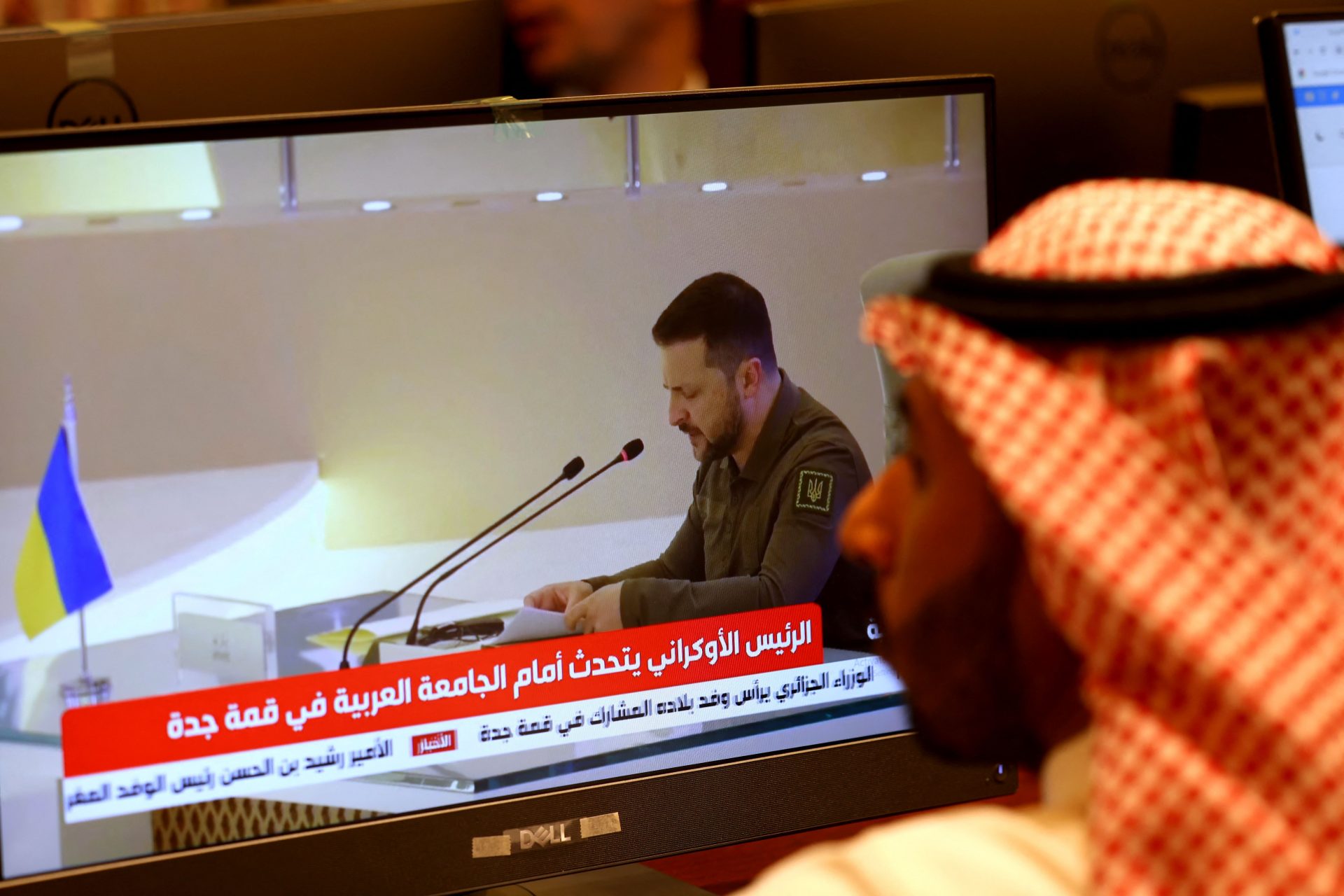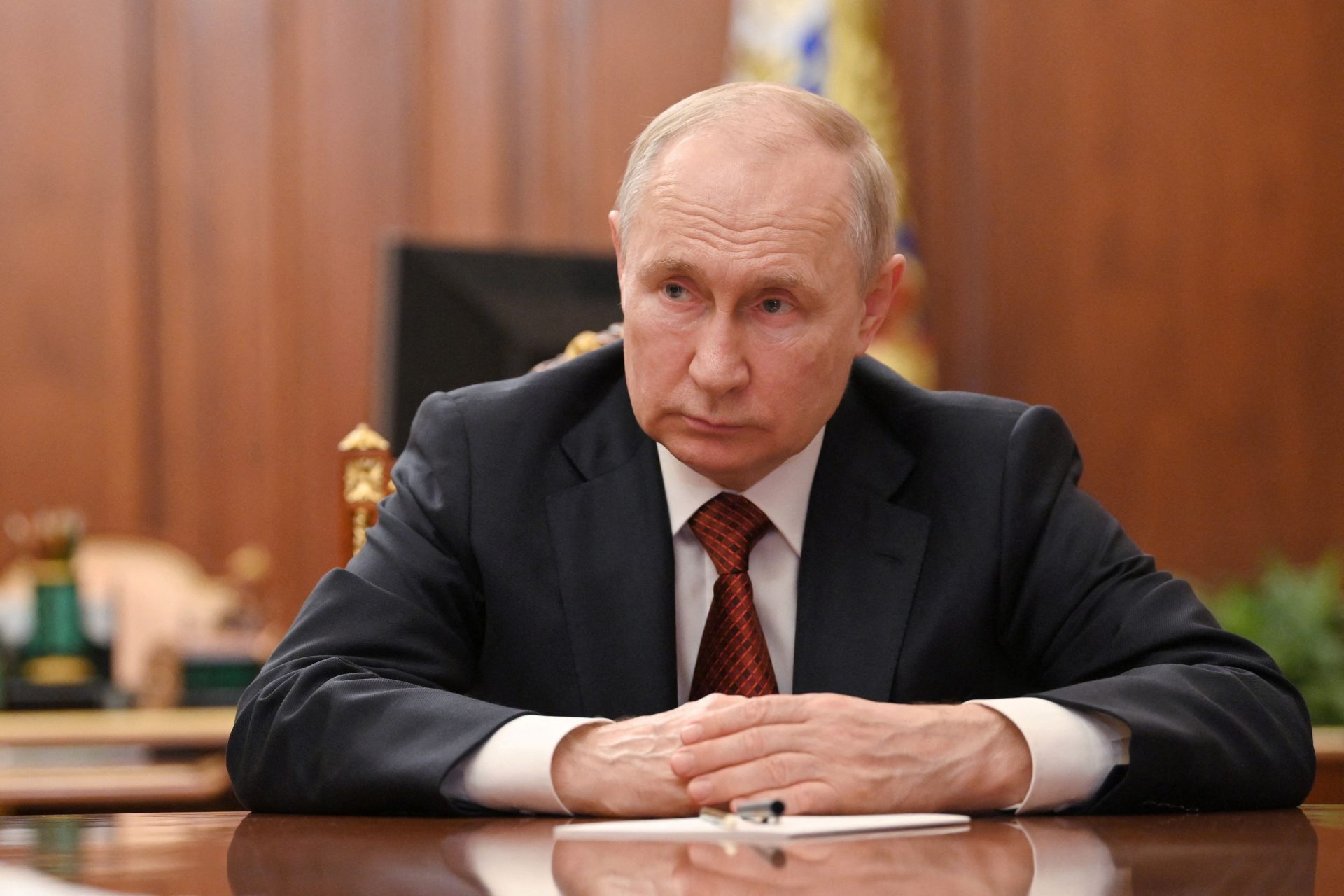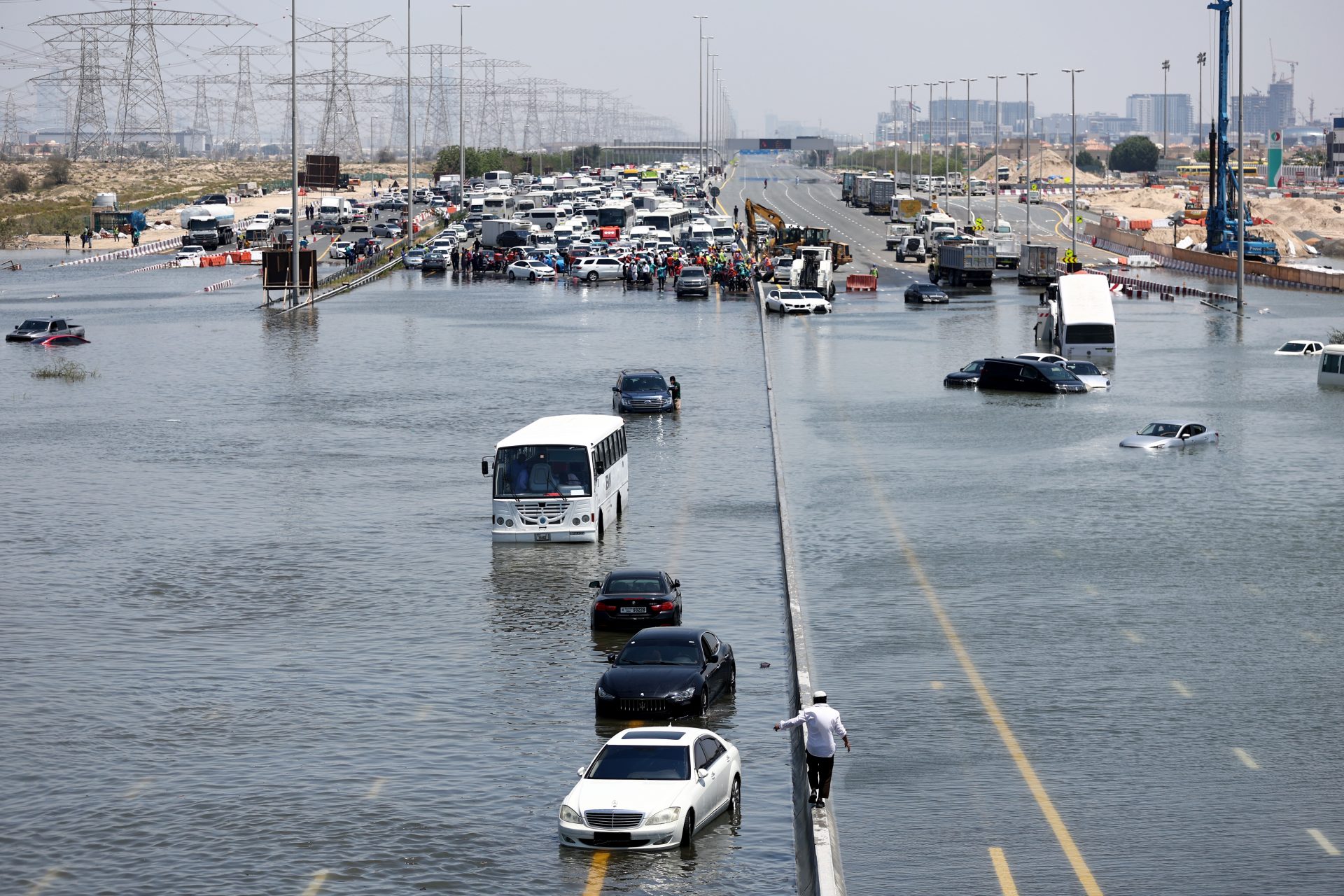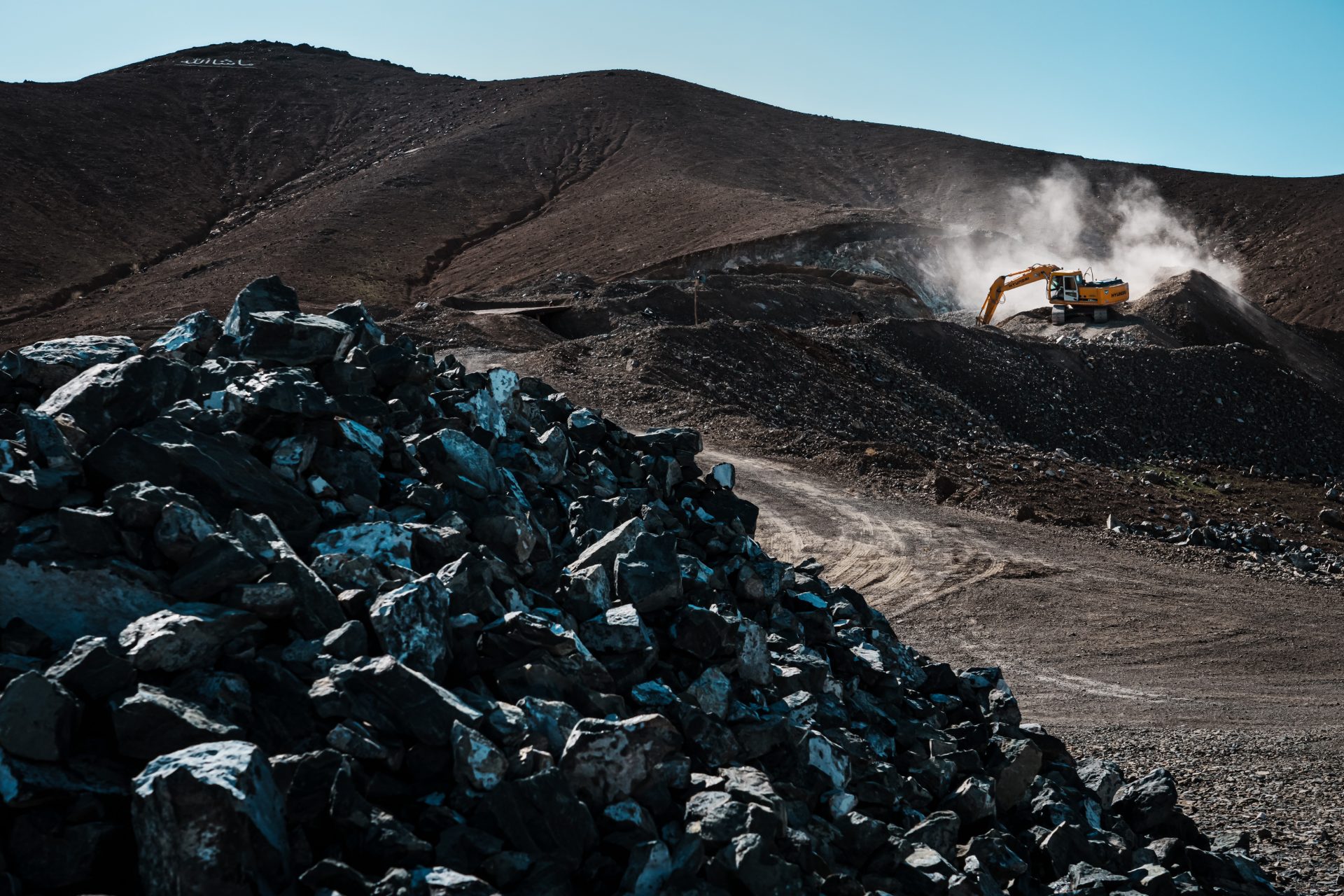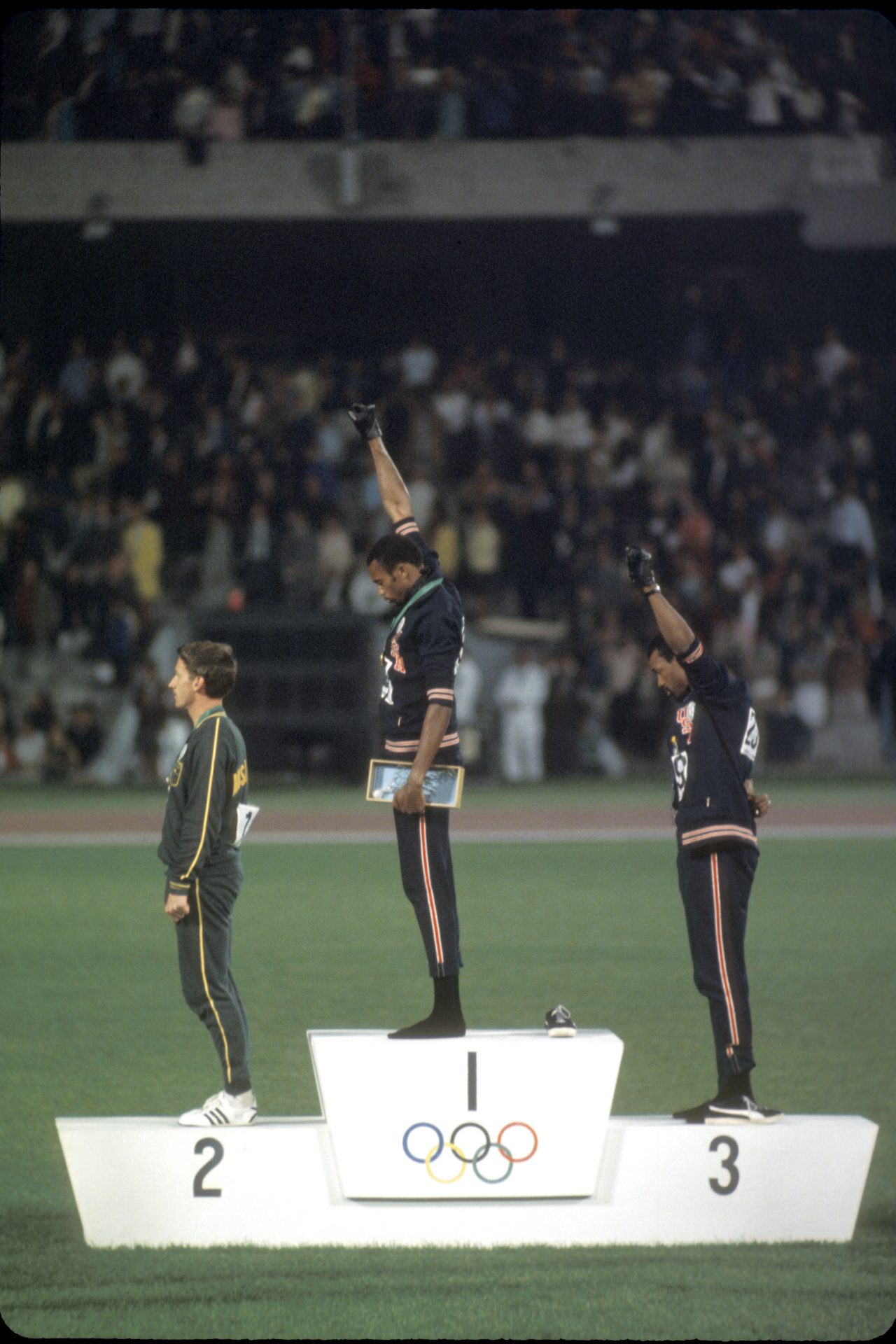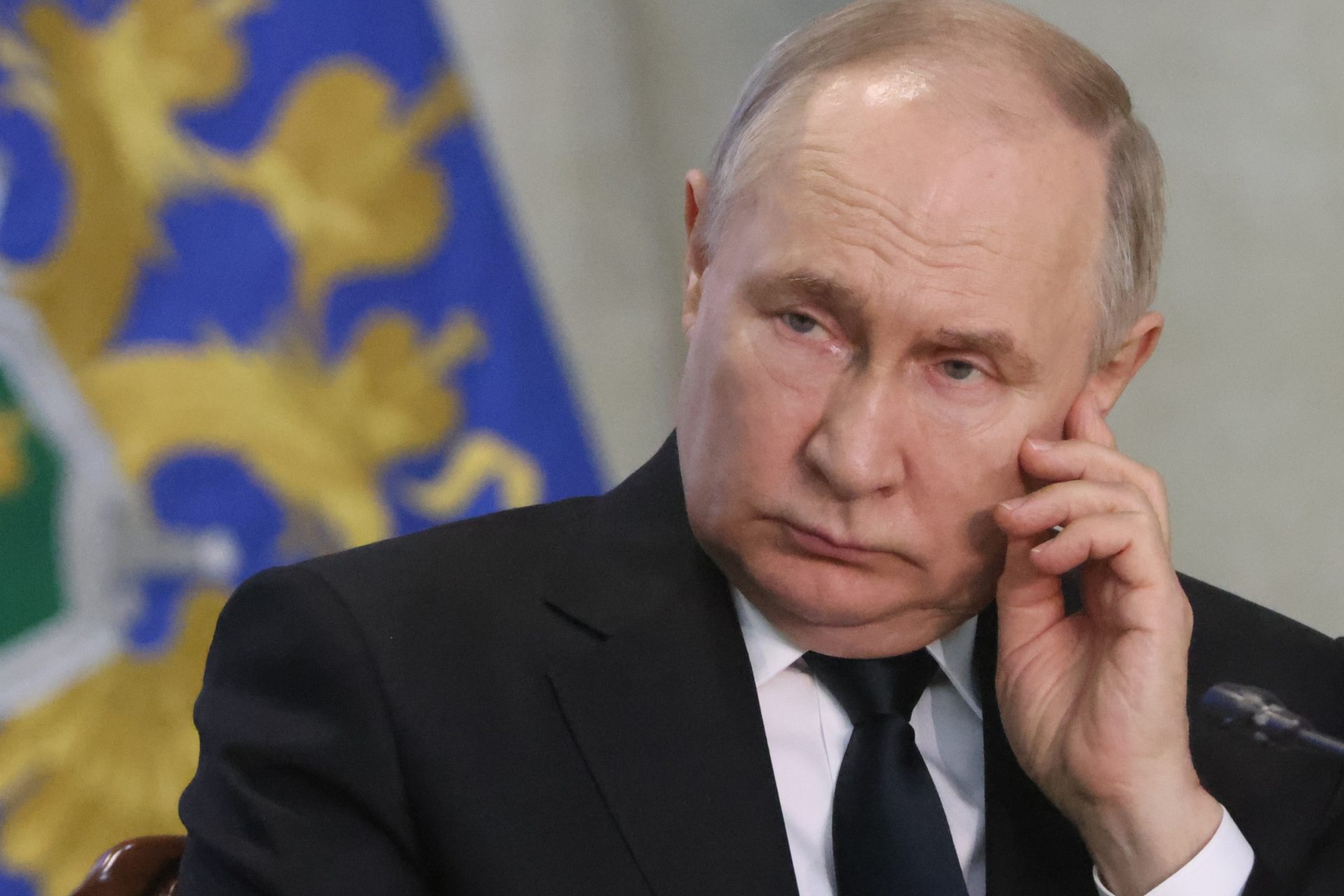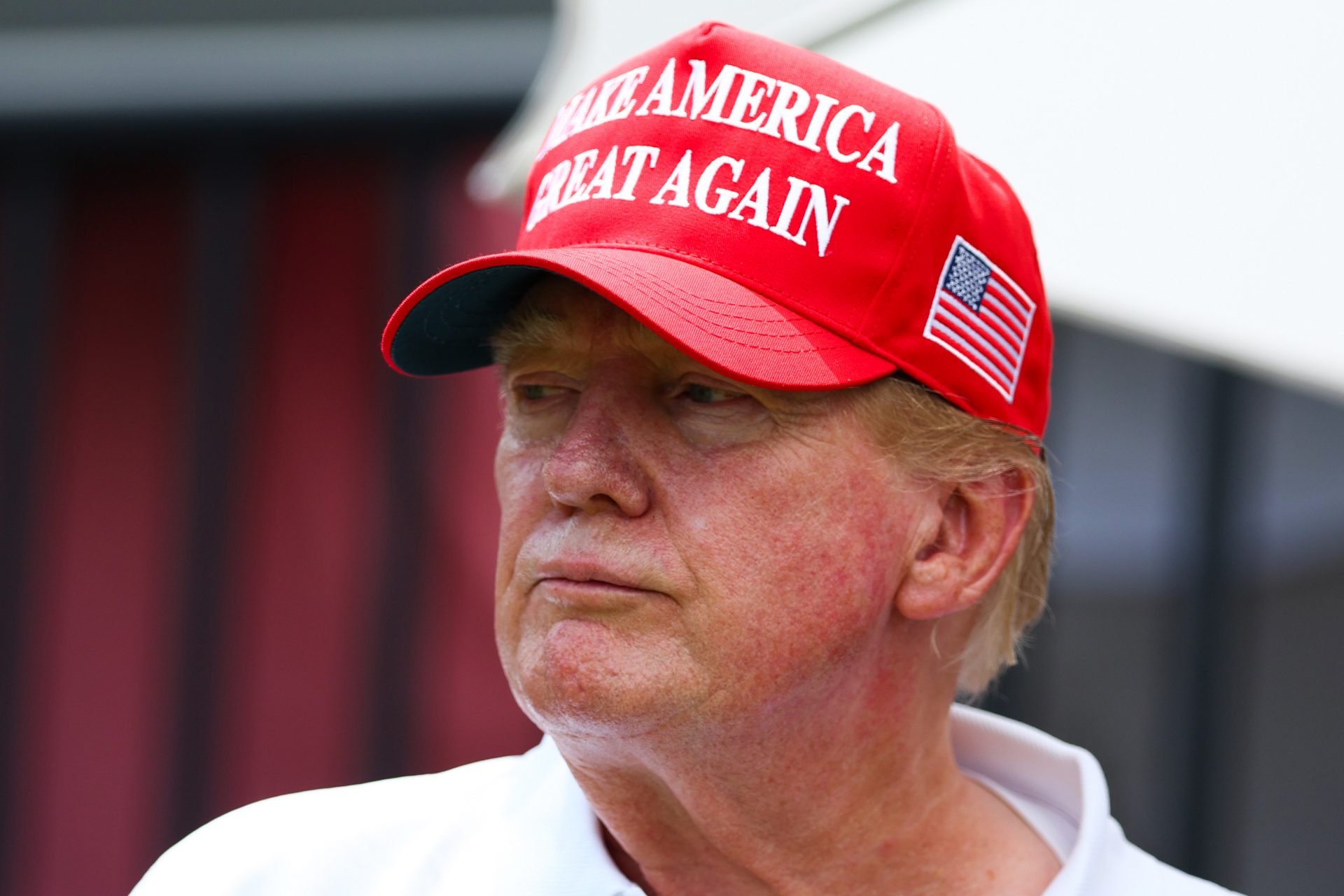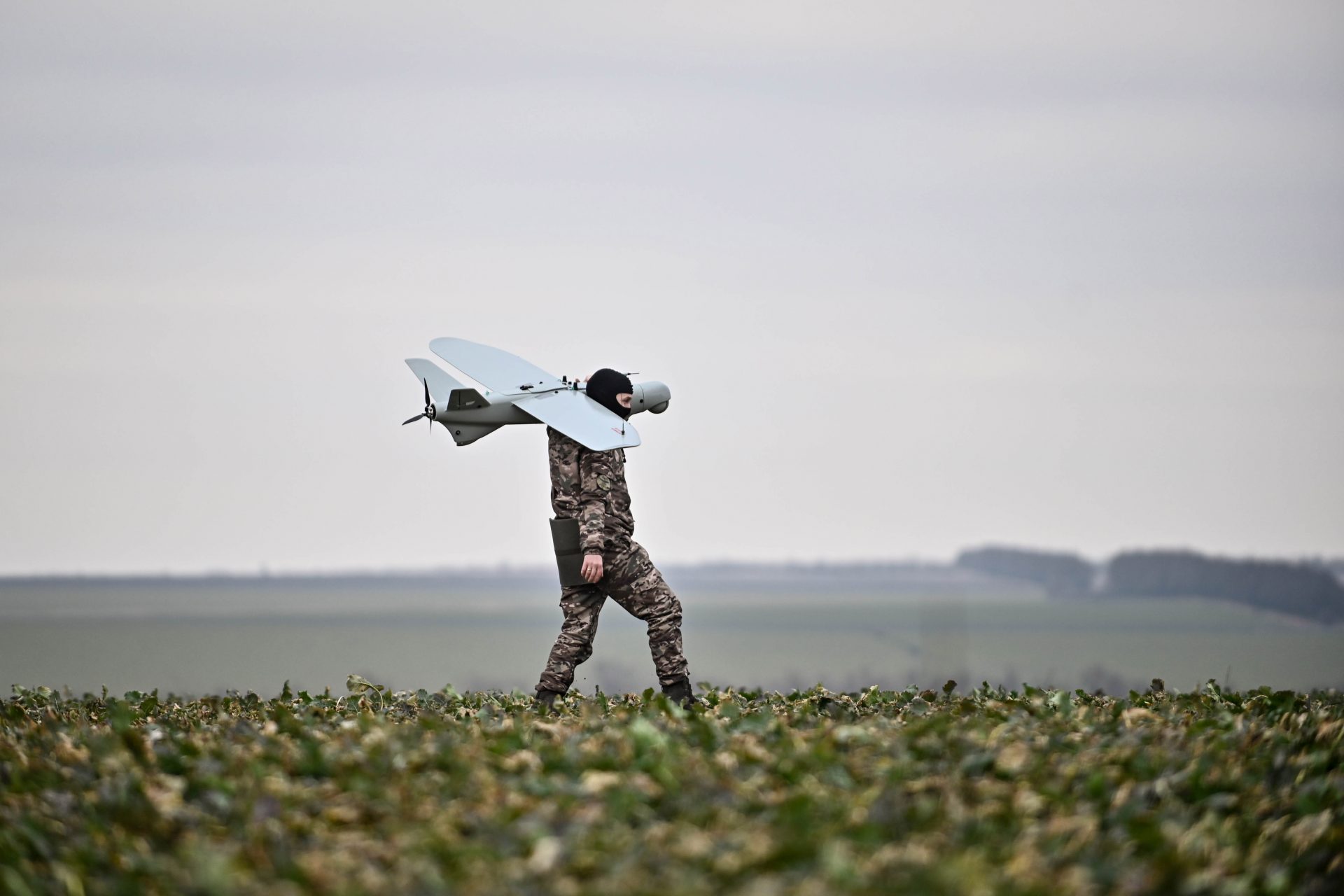Could China be the necessary mediator between Russia and Ukraine?
It's no secret that China and Russia enjoy a close partnership. However, many experts wonder if this special relationship could make Beijing as the perfect mediator between the Kremlin and the Western nations.
Since the start of the Russian invasion to Ukraine, China has supported several initiatives toward peace between Moscow and Kyiv.
CNN reported back in August that Chinese government officials have praised ongoing peace talks at an international summit in Saudi Arabia, in a departure from Beijing's more Moscow-leaning neutral stance.
The summit, organized in the city of Jeddah by the Saudi government, gathered more than 40 countries, including the United States, several European nations, and most of the states that make up the BRICS.
The only one who didn't get an invitation? Russia, which claimed that such peace talks were “doomed to fall”.
Al Jazeera reported that back in June, Chinese government officials requested that Ukraine's allies stop sending weapons to the battlefield in order to achieve peace.
According to AP News, the Chinese government swore back in April not to supply weapons to any party involved in the ongoing war between Russia and Ukraine.
“China will not provide weapons to relevant parties of the conflict, and manage and control the exports of dual-use items in accordance with laws and regulations,” Chinese Foreign Minister Qin Gang declared.
US State Secretary Antony Blinken claimed in the past that Beijing was considering providing weapons and ammunition to Moscow and that it was a “serious problem” to say the least.
AP News highlighted that the White House welcomed China's statement but affirmed that it will keep closely monitoring the situation.
On the one-year anniversary of the Ukrainian invasion, the Chinese government released a 12-point document to resume peace talks between Russia and Ukraine.
On February 22, Russian President Vladimir Putin met with top Chinese diplomat and former Foreign Minister Wang Yi in what some have seen as a new approach between Beijing and Moscow.
The Chinese top diplomat, according to the BBC, came out from the meetings proclaiming that China and Russia were together with 'Peace and stability'.
Russian Foreign Minister Sergey Lavrov applauded China's initiative and met with Wang Yi, praising how both countries defended each other's interests despite the “high turbulence of the world stage”.
Ukrainian President Volodymyr Zelensky had shown interest in China's peace proposal and stated that he was interested in meeting with Chinese President Xi Jinping.
“China respects territorial integrity, historically, has respected it and therefore must do whatever they can for the Russian Federation to leave our territory because that would mean respect for sovereignty and territorial integrity,” Zelensky commented, as quoted by CNN.
However, there are many factors that put China's neutrality into question. CNN wrote back in April that Vladimir Putin and Xi Jinping met in Moscow and declared their intention to strengthen economic and military ties.
Let's go back to explain how China's position has evolved: On February 2022, a confident Russia invaded Ukraine assuming that it had enough friends and allies to endure the backlash from the West.
In 2019, Chinese leader Xi Jinping described Russian President Vladimir Putin as “his best friend”.
According to Associated Press, Xi and Putin signed a treaty a few weeks before Russia invaded Ukraine where they pledged to “strongly support each other” in “international strategic stability”.
However, as the BBC reported, one year after the Ukraine invasion, Moscow and Beijing grew apart amid international pressure.
The Chinese government was quick to pin the blame on the invasion of Ukraine on NATO expansion in Central and Eastern Europe during the early stages of the war.
However, when the United Nations voted to condemn Russia's invasion of Ukraine back in March 2022, China abstained instead of voting against the motion, like the rest of Moscow's allies.
Al Jazeera reported that, in September, Wang Yi, then the Chinese Foreign Minister, requested the governments of Moscow and Kyiv “keep the crisis from spilling over” to developing nations.
“China supports all efforts conducive to the peaceful resolution of the Ukraine crisis. The pressing priority is to facilitate talks for peace,” Wang said to the United Nations General Assembly.
“The fundamental solution is to address the legitimate security concerns of all parties and build a balanced, effective, and sustainable security architecture”, the then-Chinese Foreign Minister added.
Wang also met at the time with Dmytro Kuleba, the Ukrainian Foreign Minister, in what The Guardian described as their first talks since the war began.
China and Russia participated in September in joint military operations, known as Vostok 2022, where over 140,000 troops mobilized to the Pacific Coast to “protect sea communications, areas of marine economic activity and support for ground troops in littoral areas”.
However, The New York Times wrote in a September 20 piece that Putin admitted that the Chinese government had “questions and concerns” about Russia’s special military operations in Ukraine.
And in November, Chinese leader Xi Jinping gave its harshest and clearest message to Russia since the beginning of the Ukrainian invasion, as The South China Morning Post wrote.
“The international community should jointly oppose the use or threats to use nuclear weapons,” Xi said during a meeting with German Chancellor Olaf Scholz. “Nuclear wars must not be fought, in order to prevent a nuclear crisis in Eurasia.”
Although the President of China did not directly address Putin or Russia, it's no secret that the Kremlin has established that nuclear weapons are not out of the question when it comes to Ukraine.
According to The New York Times, Russia has over 2,000 tactical nuclear weapons, and military leaders in Moscow have been discussing the possibility of using them in Ukraine.
In the past, Russia and China had grown closer in part out of a common antagonism towards the United States.
However, just like the war in Ukraine, it's hard to say where the diplomatic relations between Moscow and Beijing will go from here.
More for you
Top Stories



